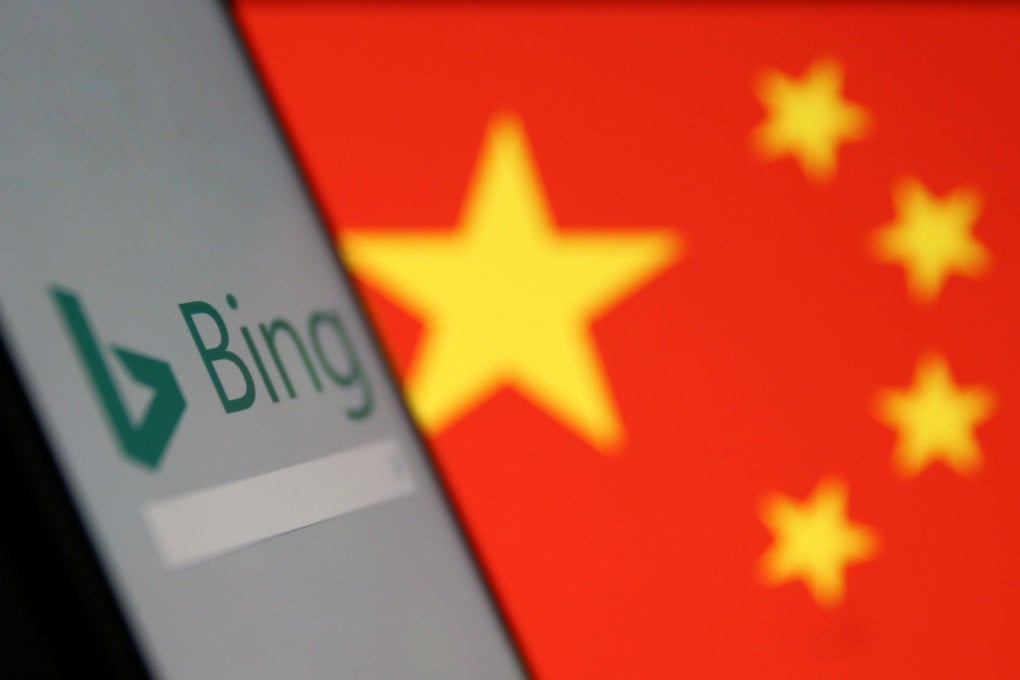China asks Microsoft’s Bing to pause auto-suggest feature again
- The internet search service was requested in December to pause the same function for 30 days
- China implemented a new rule this month to rein in the use of online algorithms

Microsoft search engine Bing has been ordered by the Chinese government to suspend its auto-suggest function for seven days in accordance with local laws, according to the local website of the online service.
Bing said on its Chinese site that it “remains committed to respect the rule of law and users’ right to access information and to help users find information to the greatest extent feasible under applicable laws”. It did not elaborate on why the function had been paused.
It is unclear when the suspension began, but Bing’s Chinese users started to take notice on Saturday.
Microsoft did not respond to a request for further information on Tuesday.
As Beijing tightens its control over data and online content, mainland China has become increasingly difficult for foreign online services to navigate.